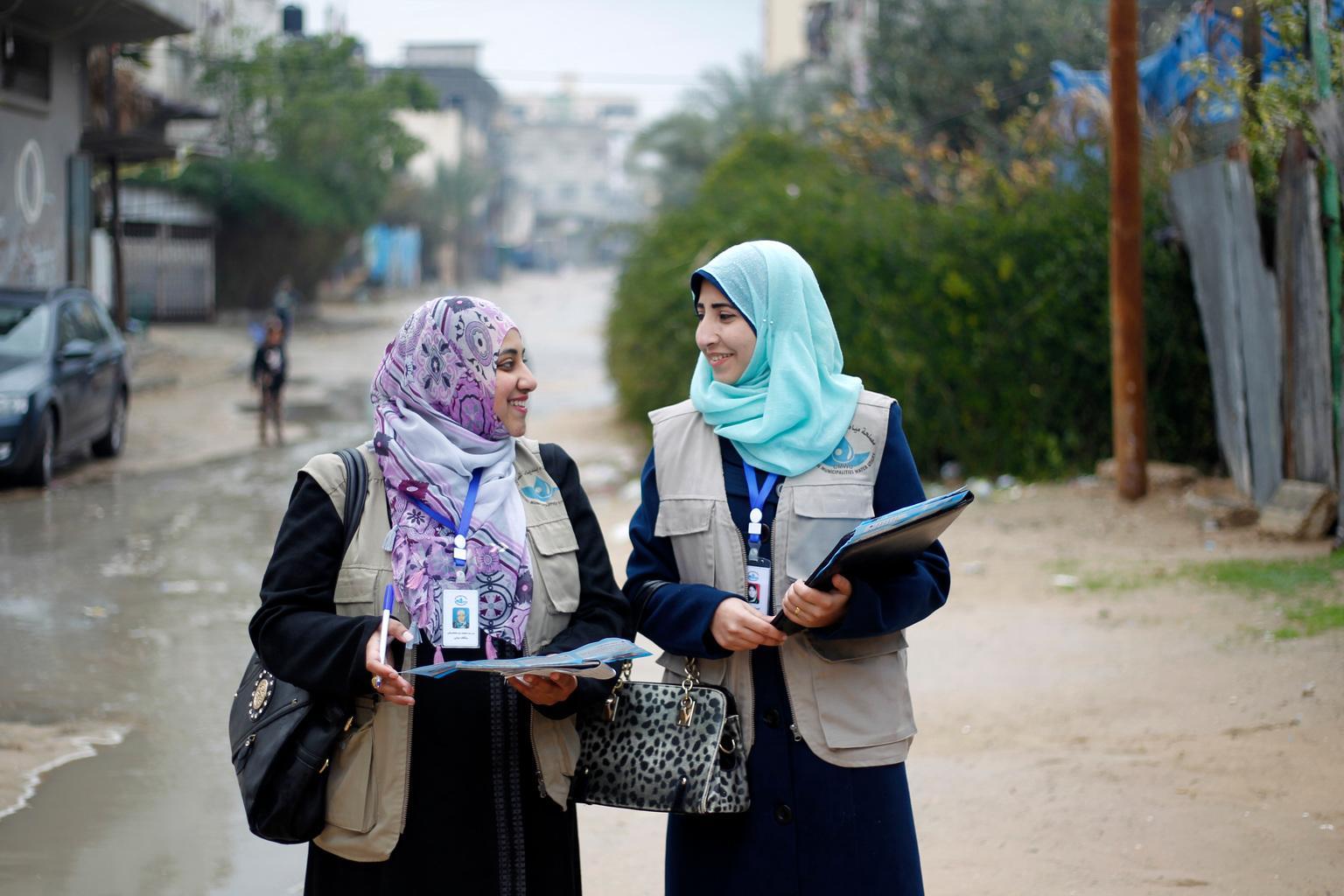Young woman in Gaza to appear in court after being blocked from studying due to father’s travel ban
Afaf al-Najar was trying to get to Turkey where she had gained a scholarship

Your support helps us to tell the story
From reproductive rights to climate change to Big Tech, The Independent is on the ground when the story is developing. Whether it's investigating the financials of Elon Musk's pro-Trump PAC or producing our latest documentary, 'The A Word', which shines a light on the American women fighting for reproductive rights, we know how important it is to parse out the facts from the messaging.
At such a critical moment in US history, we need reporters on the ground. Your donation allows us to keep sending journalists to speak to both sides of the story.
The Independent is trusted by Americans across the entire political spectrum. And unlike many other quality news outlets, we choose not to lock Americans out of our reporting and analysis with paywalls. We believe quality journalism should be available to everyone, paid for by those who can afford it.
Your support makes all the difference.A young woman in Gaza is due to appear in court after she was blocked from doing a degree abroad due to a travel ban imposed by her father.
Afaf al-Najar said Palestinian border officials at the Rafah Crossing between Gaza and Egypt prevented her from going overseas on 21 September as her father had made an application for a judicial travel ban.
The 19-year-old had been on route to Turkey as she managed to gain a scholarship to do a degree in media and communications there.
Ms al-Najar was due to appear in court in Gaza on Wednesday in an attempt to lift the travel ban but the hearing has now been postponed to next week due to her lawyer going into the court today to ask for more time to prepare.
“I will keep trying until the travel ban is lifted,” Ms al-Najar told Human Rights Watch. “I don’t want another woman to face the same experience.”
Gaza’s Supreme Judicial Council previously ruled a male guardian can apply to a court to stop an unmarried woman travelling if they decide doing so will cause “absolute harm”, but this is a highly vague term open to interpretation.
The decision, which was handed down in February, also means a woman can be stopped from travelling from the immediate moment a guardian makes the application for a ban before the judge has even issued a verdict on the case. This is what happened in Ms al-Najar’s case, Human Rights Watch said.
Ms Al-Najar said her father, who she does not live with and who she says has not talked to her since May, used his application for the court-ordered travel ban to claim she never obtained his permission to travel, yet failed to demonstrate how studying abroad could cause “absolute harm”.
She said it was the travel ban that had led to harm rather than travelling abroad.
During the first court hearing for her father’s travel ban application back in early October, Ms al-Najar said the judge informed her she could do her degree in Gaza. She said her father chose not to attend the hearing.
Rothna Begum, a senior researcher at the Women’s Rights Division at Human Right Watch, said: “Palestinian human rights organisations have said such discriminatory restrictions violate Palestine’s Basic Law. It also violates women’s right to leave their own country without discrimination under international human rights law. Any restrictions on travel must be individual, for a legitimate reason, and proportionate.
“For more than 14 years, Israel’s crushing closure, coupled with Egyptian restrictions at Rafah, have robbed the vast majority of Gaza’s over two million people of their right to free movement. Hamas’s authorities should lift the travel ban on Afaf al-Najar and the Supreme Judicial Council should withdraw its notice so that women in Gaza can travel without discriminatory restrictions.”
She added: “Hamas authorities are allowing male guardians... to impose travel bans at will.”


Join our commenting forum
Join thought-provoking conversations, follow other Independent readers and see their replies
Comments